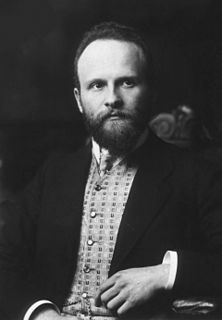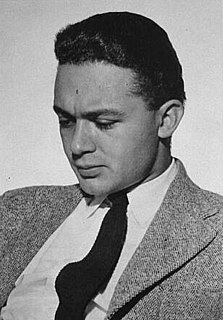A Quote by Peter Kuznick
History is a matter of interpretation, but you have to start with certain facts.
Related Quotes
All knowledge that is about human society, and not about the natural world, is historical knowledge, and therefore rests upon judgment and interpretation. This is not to say that facts or data are nonexistent, but that facts get their importance from what is made of them in interpretation… for interpretations depend very much on who the interpreter is, who he or she is addressing, what his or her purpose is, at what historical moment the interpretation takes place.
Facts matter not at all. Perception is everything. It's certainty. People love the president because he's certain of his choices as a leader, even if the facts that back him up don't seem to exist. It's the fact that he's certain that is very appealing to a certain section of the country. I really feel a dichotomy in the American populace. What is important? What you want to be true, or what is true?
In the field one has to face a chaos of facts, some of which are so small that they seem insignificant; others loom so large that they are hard to encompass with one synthetic glance. But in this crude form they are not scientific facts at all; they are absolutely elusive, and can be fixed only by interpretation, by seeing them sub specie aeternitatis, by grasping what is essential in them and fixing this. Only laws and generalizations are scientific facts, and field work consists only and exclusively in the interpretation of the chaotic social reality, in subordinating it to general rules.
Proust is interested in minutiae because life, as he sees it, is seldom ever about things but about our impression of things, not about facts but about the interpretation of facts, not about one particular feeling but about a confluence of conflicting feelings. Everything is elusive in Proust because nothing is ever certain.
I don't like realism. We already know the real facts about li[fe], most of the basic facts. I'm not interested in repeating what we already know. We know about sex, about violence, about murder, about war. All these things, by the time we're 18, we're up to here. From there on we need interpreters. We need poets. We need philosophers. We need theologians, who take the same basic facts and work with them and help us make do with those facts. Facts alone are not enough. It's interpretation.



































